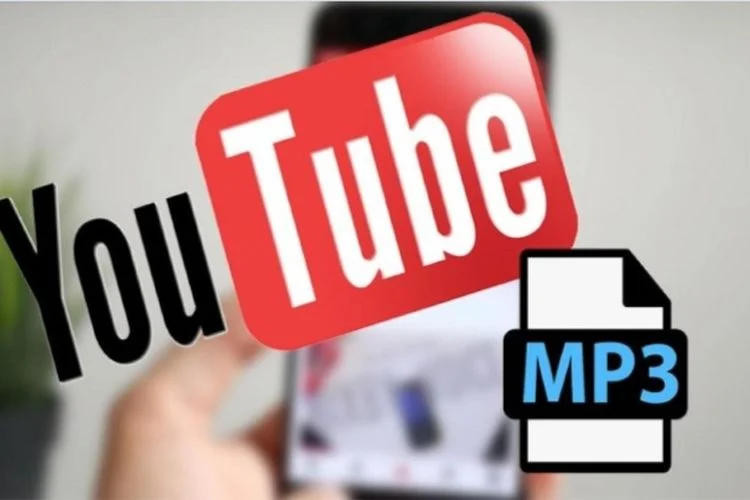In the digital age, where information is at our fingertips and education has taken on new forms, YouTube has emerged as a valuable resource for learners of all ages. With a vast repository of video content covering a wide range of topics, it’s no wonder that educators and students often turn to YouTube for supplementary material. However, the question of legality arises when individuals seek to convert YouTube videos into MP3 format for educational purposes. This article delves into the legal aspects of using YouTube to MP3 converters in an educational context.
The Role Of Youtube To Mp3 Converters
Before we delve into the legality of YouTube to MP3, it’s important to understand the significance of YouTube as an educational tool. YouTube has become a go-to platform for instructional videos, lectures, tutorials, and educational content on various subjects. Educators and students alike use the platform to access free resources that enhance learning experiences. This democratization of knowledge has transformed the educational landscape, making information more accessible to a global audience.
The Function Of YouTube To MP3 Converters
YouTube to MP3 converters are online tools or software that allow users to extract the audio from YouTube videos and save it in MP3 format. This conversion enables users to listen to the audio content offline, which can be particularly useful for educational purposes. Students might want to download audio from educational lectures to listen to while commuting, and educators may wish to extract audio from videos for use in presentations or lessons.
Copyright Laws And YouTube Content
To determine the legality of using YouTube videos to MP3 converters for educational purposes, it’s crucial to consider copyright laws. Copyright protects the rights of content creators by granting them exclusive rights to reproduce, distribute, and display their work. YouTube hosts a multitude of videos that are protected by copyright, which means that the content creator holds exclusive rights to that material.
Fair Use Doctrine
One argument that may arise in favor of using YouTube videos to MP3 converters for educational purposes is the doctrine of fair use. Fair use is a legal principle that allows limited use of copyrighted material without permission from or payment to the copyright holder. It is intended to promote freedom of expression and allow for the use of copyrighted material for purposes such as criticism, comment, news reporting, teaching, scholarship, and research.
Public Domain and Creative Commons
Not all content on YouTube is protected by copyright. Some videos are in the public domain, which means they are not subject to copyright protection and can be used freely by anyone. Additionally, many content creators on YouTube license their work under Creative Commons licenses, which allow for various levels of use and modification, depending on the specific license terms.
Alternatives To YouTube Video To MP3 Converters
To ensure compliance with copyright laws while still enjoying educational content, there are alternatives to using YouTube videos to MP3 converters. One option is to use legitimate platforms and services that offer educational content for offline access. Many educational websites and apps provide downloadable audio or video content for students and educators.
Conclusion
The legality of using YouTube videos to MP3 converters for educational purposes is a complex and nuanced issue. While the fair use doctrine may provide some protection, it ultimately depends on the specific circumstances and the content being used. To stay on the right side of copyright laws, it’s essential to seek out content that is in the public domain or licensed under Creative Commons for educational use. Additionally, exploring legitimate platforms that offer offline access to educational content is a prudent choice. Ultimately, a cautious and respectful approach to copyright is crucial when navigating the world of online education and digital media.




